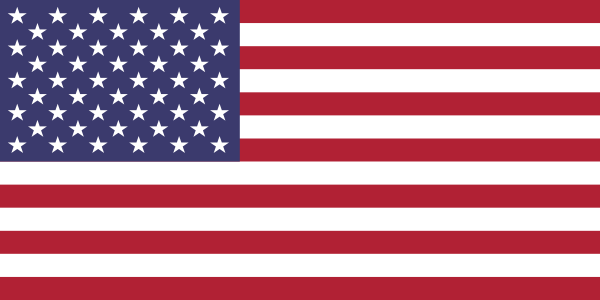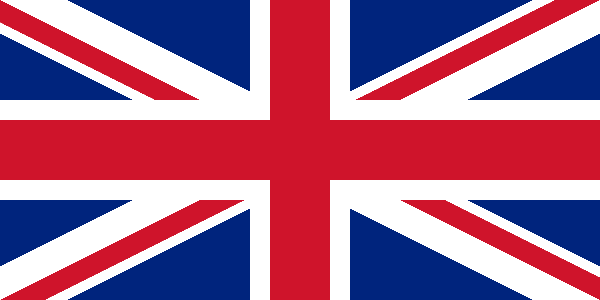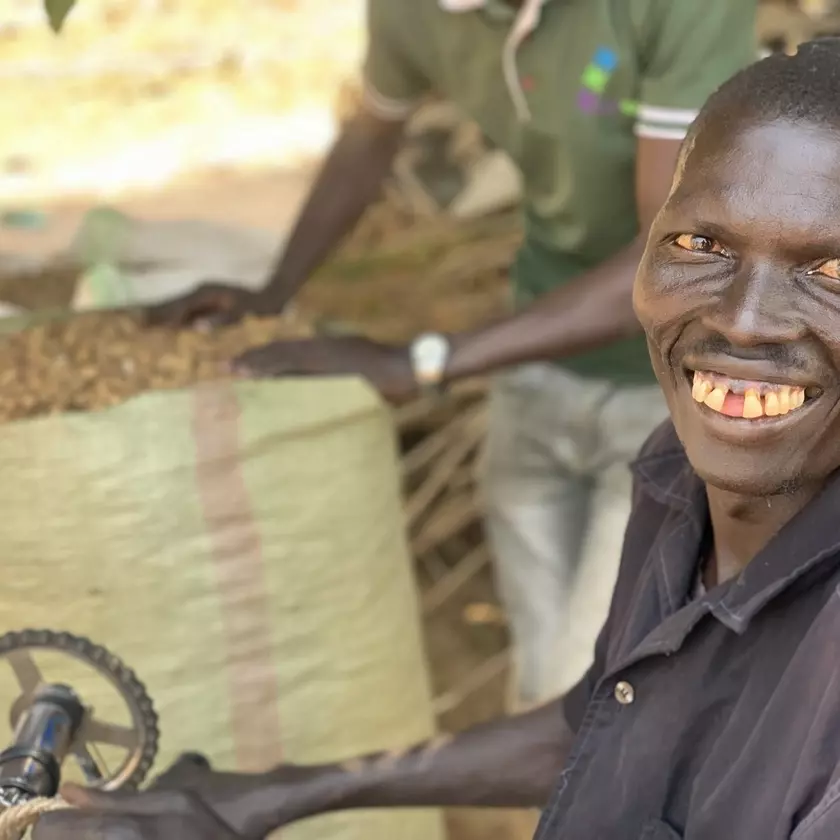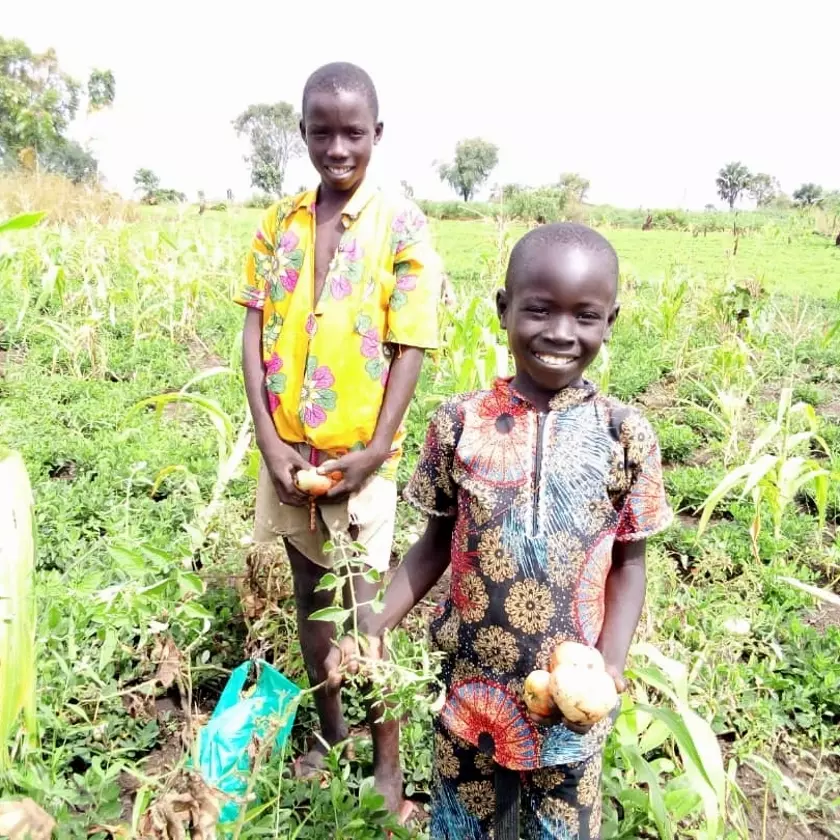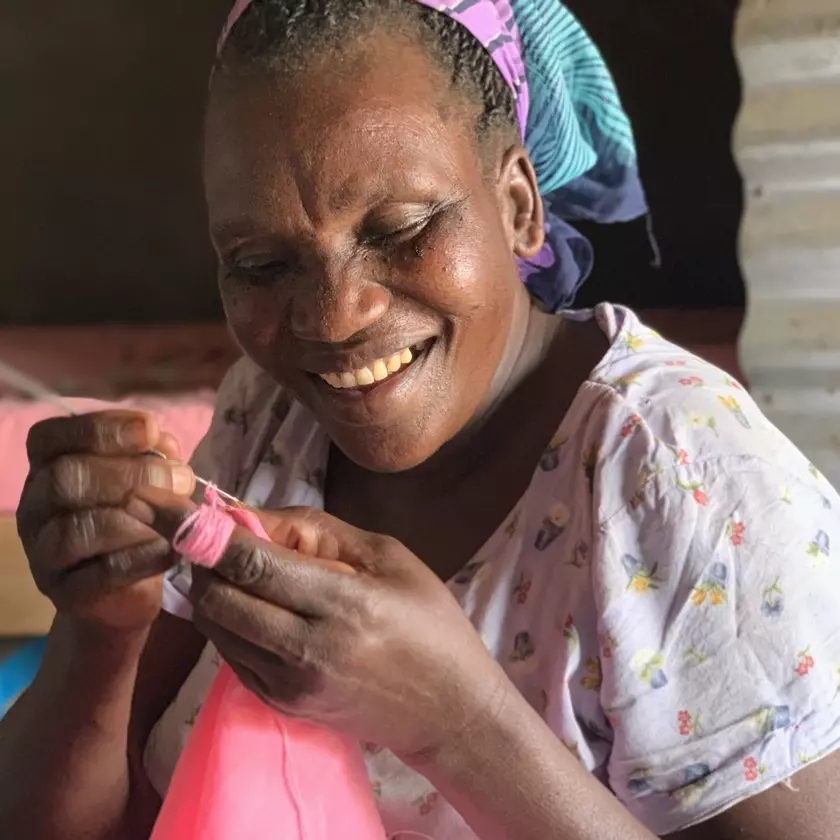1,100 Households Reached with Nutrition and Agriculture Training
24 May 2023 19:11
Last year, we embarked on one of our most ambitious projects to date, with the aim of providing emergency food aid and agriculture livelihood training for 1,100 of the most vulnerable refugee and host community households in northern Uganda. A year on, we’re delighted to share the impact of the project - which has been truly transformational for the people that it has reached.
2022 was a particularly hard year for agriculture in northern Uganda. The worst East African drought in 40 years further exacerbated the already critical levels of food insecurity in the area, making our project even more vital than when we initially designed it. On top of this, cuts to food rations in the refugee camps meant that thousands were at risk of malnutrition.
Our project provided not only resources, but also training, to facilitate empowerment and sustainably improve outcomes in the long run. As well as providing emergency food aid to tackle more critical and immediate food insecurity, we implemented sustainable, long-term solutions to food insecurity through agriculture and livelihood support, including the provision of seeds, land, tools and training.
We reached 1,100 households through this project, of which 63% reported reduced dependency on food aid following involvement in the project, and 68% reported income generation through partial sale of their crops. Perhaps most excitingly, 99% of households - the majority of which included people with disabilities - said that they felt more valued by members of their communities as a result of the project.
The below stories illustrate the impact of our work better than numbers ever could. We couldn’t be more grateful to our donors, our wonderful team in East Africa, and everyone else that made this project possible.
Mary’s Story
Mary lives with HIV/AIDS. Thanks to the funds she raised through this project, she was able to set up a sewing business. During a field visit, Mary invited us into her home and shared,
"God sent you and directed you to me and it’s why I’m still alive. Before HHA came I was about to die as there was no food I could eat. The sickness I have, people would despise me and not come close to me. Only one person stood with me. When I came as a refugee I tried to engage with some NGOs but none stood with me, When I had lost hope and thought maybe I’ll die from hunger and then an HHA Community Based Rehabilitation worker came and registered me. I was very humbled and praised God for that. Thank you very much for helping people like me. The food you have provided has helped me look healthy now because before I was very thin. I couldn’t afford soap before to wash my clothes but now I can. Sometimes I used to just eat one meal a day or sometimes none. But now I can eat 3 times per day. Before I had no bed but due to the vegetables grown through the project which I sold, I now have a bed and mattress. From funds raised through this project I’m also making things to sell and constructing a poultry farm. I know many others who without your support, they may have died."
David & Elia’s Story
David and Elia Rupas are both refugees from South Sudan living in Bidibidi. Their family is led by their mother who is a single parent, with 8 children, including a child with polio. David and Elia help their mother and were happy to be part of HHA’s Nutrition and Agriculture Project. They shared how they were able to learn a lot and are now better able to do farming. With the knowledge they acquired through our extension workers, they were able to produce tomatoes, eggplant and onions, raising 120,000Ugx that they used to buy books, bags and school uniforms. They say that this was very good as they can now concentrate in class since they don't lack any education materials.
Loku’s Story
Loku Morris lives in Mijale and is unable to walk. On a field visit carried out by HHA’s East Africa Director and CEO, Loku explained, ‘Due to my disability, the community looked at me as an animal and not like any other human being. There was a lot of stigma due to my disability but the stigma has really reduced drastically because of the project. I feel valued now. The community mocked and laughed at me saying how can a cripple man who crawls cultivate? Many people thought the project wouldn’t be successful with people with disabilities, but that’s been changed! I feel valued now.’ Loku explained that when he started farming with this HHA project, some people from the community came and laughed and mocked him as he worked, calling him worthless, due to his disability and his attempts to farm. However, after a very positive yield, those same community members returned, apologizing and asking for his help to feed them. Loku had a good harvest and was able to sell some of his produce and buy goats and a sheep for future breeding so he could grow more stable financially with broader farming activities. He’s looking forward to scaling his farming efforts up in 2023.

